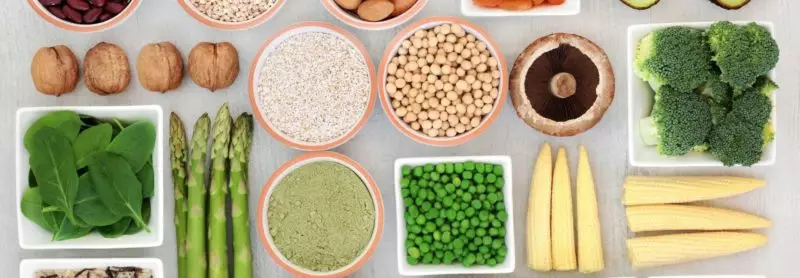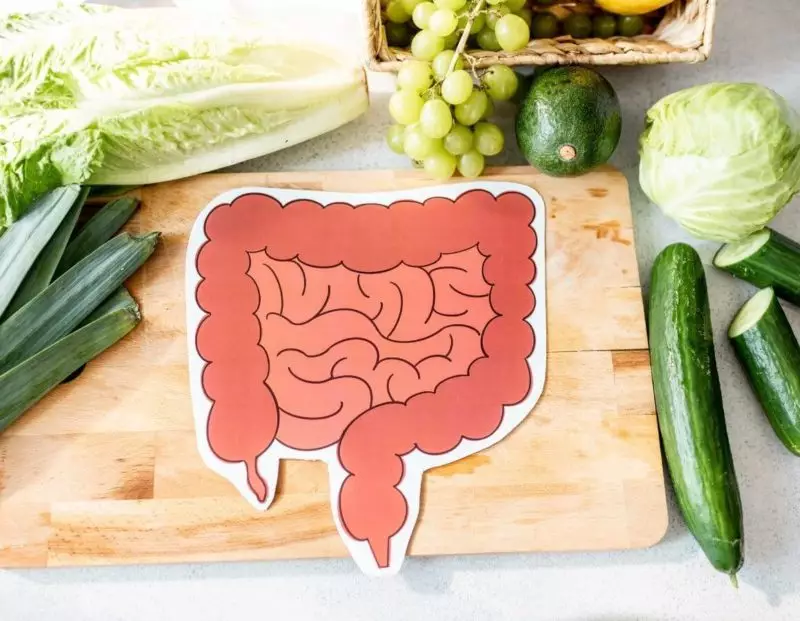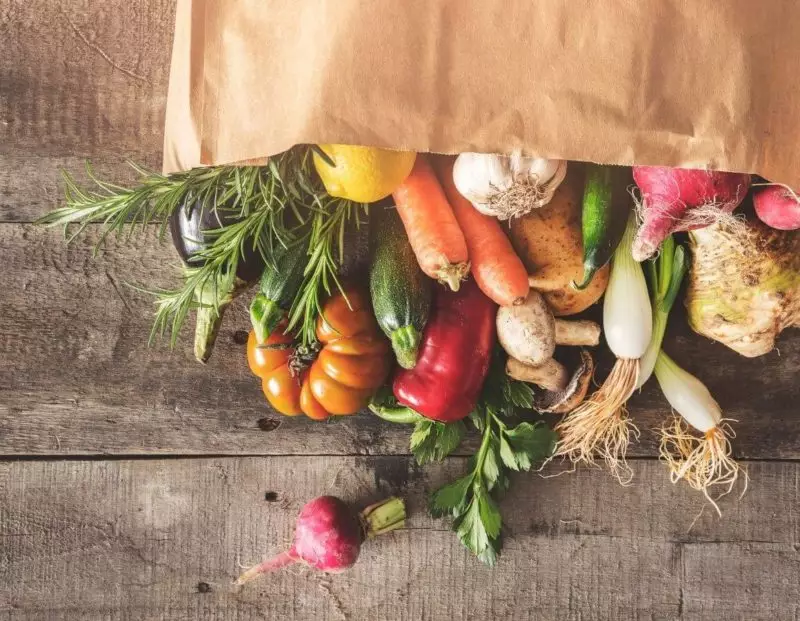
Social interest in pre and probiotics is at an all-time high due to the rising number of people suffering from gastrointestinal disorders and the recent COVID-19 pandemic. People have become more curious about the role that prebiotic and probiotic supplements play in health maintenance and the importance of eating a healthy and balanced diet.
The media often emphasizes the importance of probiotics for gut and immune health, but prebiotics are often left out of the limelight. Why can that be an issue?
Many foods naturally contain prebiotics, which means that supplementation is not necessarily needed. Supplying your body with prebiotic compounds through a diverse and balanced diet is often recommended before a supplement is recommended.
But how do you know which foods contain prebiotics? This article will highlight which foods naturally contain prebiotics. We will also look into what prebiotics are, their health benefits, and potential side effects.
Let’s get started.

What are prebiotic foods?
Generally, prebiotics are a type of dietary fiber. However, not all fiber is prebiotic. In order to be considered as prebiotic, fiber should fit the following criteria [1] :
- Pass through the gastrointestinal tract undigested
- Be fermented by the gut microbiota
- Stimulate the growth of good gut bacteria and contribute to healthier composition of the colonic microbiota.
According to a 2019 review paper, the most common prebiotics are fructo-oligosaccharides (FOS), galacto-oligosaccharides (GOS), and trans-galacto-oligosaccharides (TOS). With fermentation, prebiotic fiber produces different short-chain-fatty acids like lactic, butyric, and propionic acid. [2] These fatty acids are responsible for maintaining gastrointestinal, immune, and brain health. [3]
Prebiotic foods
According to various pieces of evidence, the following foods contain noticeable prebiotic compounds: [4][5][6][7]
- Asparagus
- Sugar beet
- Garlic
- Leeks
- Chicory
- Onion
- Shallots
- Fennel bulb
- Cabbage
- Jerusalem artichoke
- Wheat
- Honey
- Banana
- Custard apples
- Nectarines
- White peaches
- Persimmon
- Tamarillo
- Watermelon
- Rambutan
- Grapefruit
- Pomegranate
- Dried fruit
- Barley
- Tomato
- Rye
- Whole grain foods
- Seeds
- Soybean
- Milk (with lactose)
- Peas
- Beans
- Lentils
- Chickpeas
- Sweet corn
- Mustard seed
- Pistachio
- Cashew
- Oats
- Bamboo shoots
- Seaweed and microalgae
- Potato starch
In fact, according to the Academy of Nutrition and Dietetics, increasing your daily intake of fruits, vegetables, and whole grains will increase your prebiotic consumption. [6]

Health benefits of eating prebiotic foods
Evidence suggests that the main functions of prebiotic fiber include [8]:
- Restoring bacterial balance in intestines
- Improving absorption of minerals
- Preventing and improving diarrhea
- Improving symptoms of intestinal inflammation and bowel disorders (although tolerance varies by disorder and individual)
- Reducing the risk of colon cancer
- Reducing risk factors of heart disease (e.g., cholesterol profile)
- Supporting lipid metabolism
- Providing increased feelings of satiety, which may lead to lower calorie intake throughout the day
- Supporting immune functions
Furthermore, consuming enough prebiotic foods may play a role in improving blood sugar levels, insulin secretion, and reducing inflammatory processes in the body. [7] Together with probiotics, prebiotic fiber could be used in the treatment of different health conditions and may improve overall health and mortality.

FODMAP diet and prebiotics
Even though prebiotic fiber is generally considered as safe and beneficial to the overall health and wellbeing, some people may not tolerate it well. One specific diet focuses on low intake of fermentable oligosaccharides (type of prebiotic fiber), disaccharides, monosaccharides, and polyols is known as the low FODMAP diet.
Low FODMAP diet is mainly recommended to people suffering from an acute flare up of irritable bowel syndrome (IBS) or small intestinal bacterial overgrowth (SIBO).
That being said, there are still low FODMAP foods containing some prebiotic fiber [11]:
- Cabbage
- Fennel
- Eggplant
- Chickpeas
- Lentils
- Kiwi
- Unripe banana
- Pomegranate
- Grapefruit
- Oats
- Almonds
Dietitian Take-away
Consuming high fiber foods that are abundant in prebiotics can support a healthy gut. In recent years research has been indicating towards the significant impact that gut health has on overall health and immunity. As a part of any healthy diet, make sure to consume high fiber foods, but not to neglect any one type of fiber. Fruits and vegetables contain different kinds of fiber that all work together to support healthy bacteria in the gut.








